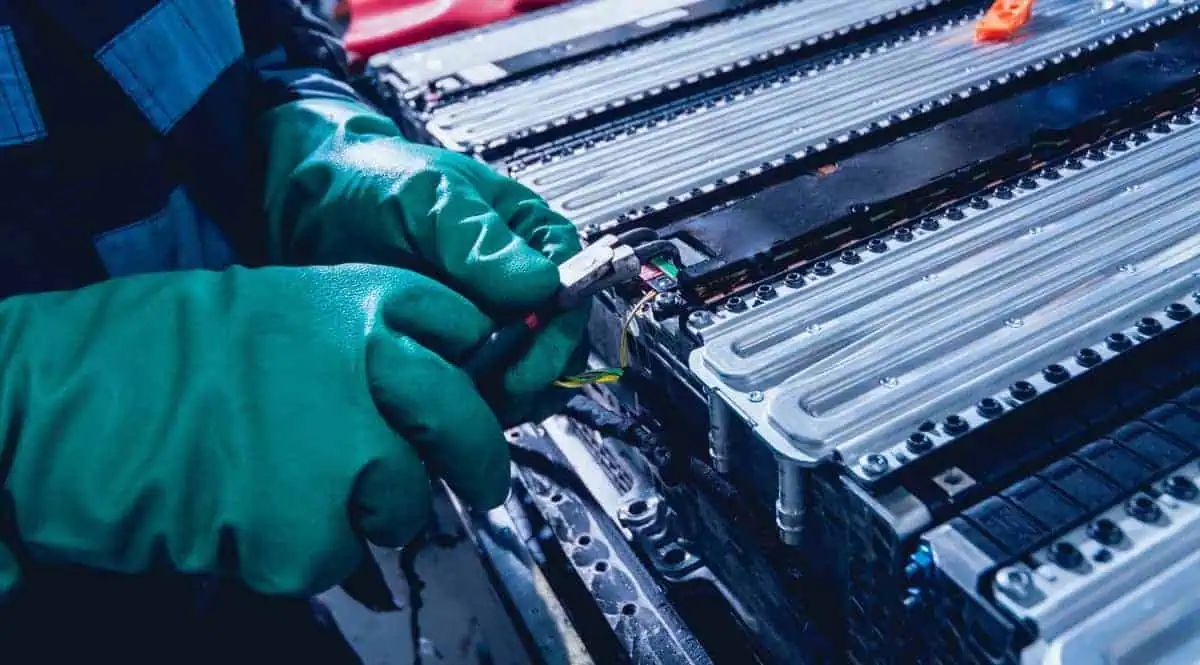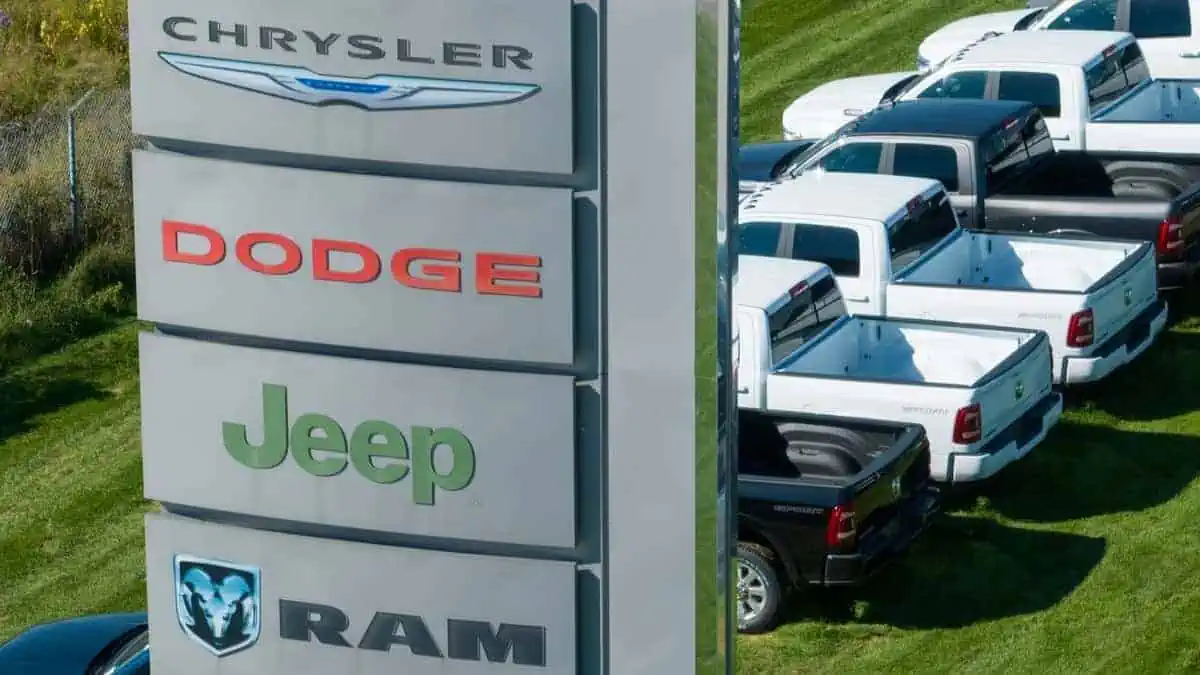Tesla’s lithium-ion batteries are recyclable; almost 92% of raw materials can be reused.
In Tesla’s 2021 Impact Report, the company stated that once its batteries reach their end, they can be recycled and reused again. According to them, their batteries are made to last for many years.
Tesla’s factories use an in-house cell program that recycles its batteries, allowing up to 92% of its raw materials to be used again.
Most of the batteries that Tesla recycles are pre-consumer and are coming through R & D quality control
Tesla said in its impact report: “While the relative cathode compositions and our overall demand of various minerals and battery-grade chemicals will continue to evolve, Tesla and the global battery supply chain will require significant quantities of responsibly produced lithium, nickel, cobalt, manganese, iron, phosphates and many other minerals for the foreseeable future. While we recognize the critical role battery recycling will play in supplying a portion of these materials to enable a closed-loop supply chain, global cell production will continue to rely heavily on primary, mined materials to meet the growing demand in short to medium term.
“The availability and affordability of these minerals and chemicals are key to advancing Tesla’s mission and accelerating the transition to sustainable energy. We will continue to collaborate with our suppliers and upstream producers in providing visibility to enable the scale-up of key battery minerals.”
Tesla also said that “For cells containing NCA and NCM cathodes, we continue to work toward batteries that contain higher levels of nickel to improve vehicle range while lowering overall battery costs, without compromising overall cell performance, such as battery safety and lifetime, that is currently enabled by cobalt.”
Extending the life of a battery is better for the environment and business reasons. Tesla continues to maximize the life of each battery pack before decommissioning it and sending it off to be recycled.






